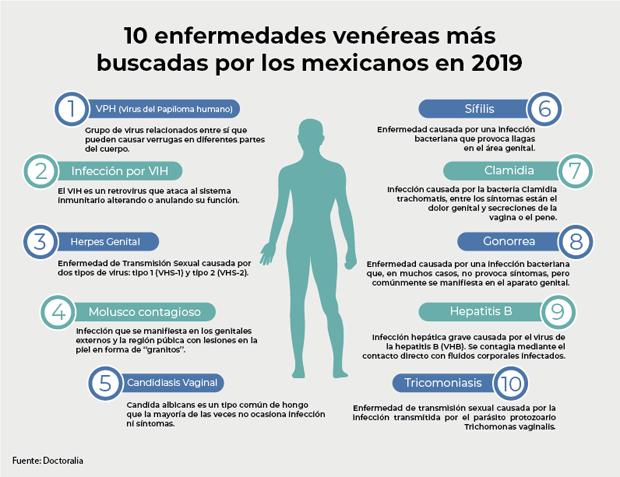By clothing-bag, 10/10/2022
Types of sexually transmitted diseases
Sexually transmitted infections (STIs or STDs) can be produced by about 30 types of bacteria, viruses and known parasites, which spread through the practice of sexual relations between people.
Among this thirty, WHO has linked 8 with the maximum incidence of diseases.And of those 8 infections, 4 are currently curable: syphilis, gonorrhea, chlamydiasis and trichomoniasis.It is estimated that, annually, about 357 million people contract one of these.The remaining 4 (hepatitis B, herpes, HIV and HPV) are incurable viral infections that can be mitigated or attenuated with treatment.
ETS, usually, affect both men and women.However, there are exceptions, and some of them do make a gender differentiation.All these pathologies can lead to chronic diseases, complications (especially during pregnancy), some types of cancer and even, in the worst case, death.

As mentioned, STDs are transmitted by sexual path, including vaginal, anal and oral sex.They can also spread by non -sexual means, such as blood or mother transfusions to the fetus.
People can be carriers of any of these diseases without realizing it, since on many occasions, the symptoms are mild or directly do not experience any type of condition, and we act merely as transmitters of the pathology.
Although we live in the information era and have great sources of knowledge, the STDs continue to grow, especially among the youngest.It is estimated that in Spain, cases of syphilis and gonorrhea are the pathologies that have increased the most, with an incidence rate almost 55% in young people between 20 and 24 years old.The Spanish contraception, ensures that this is due to a "relaxation" of the population in the use of effective contraceptive methods, such as the condom.In general features, WHO estimates that more than one million people contract a sexually transmitted disease every day.
In the following gallery we review the different types of STDs and we tell you what each of them consists of, supporting us in experts from the World Health Organization (WHO).
Related Articles